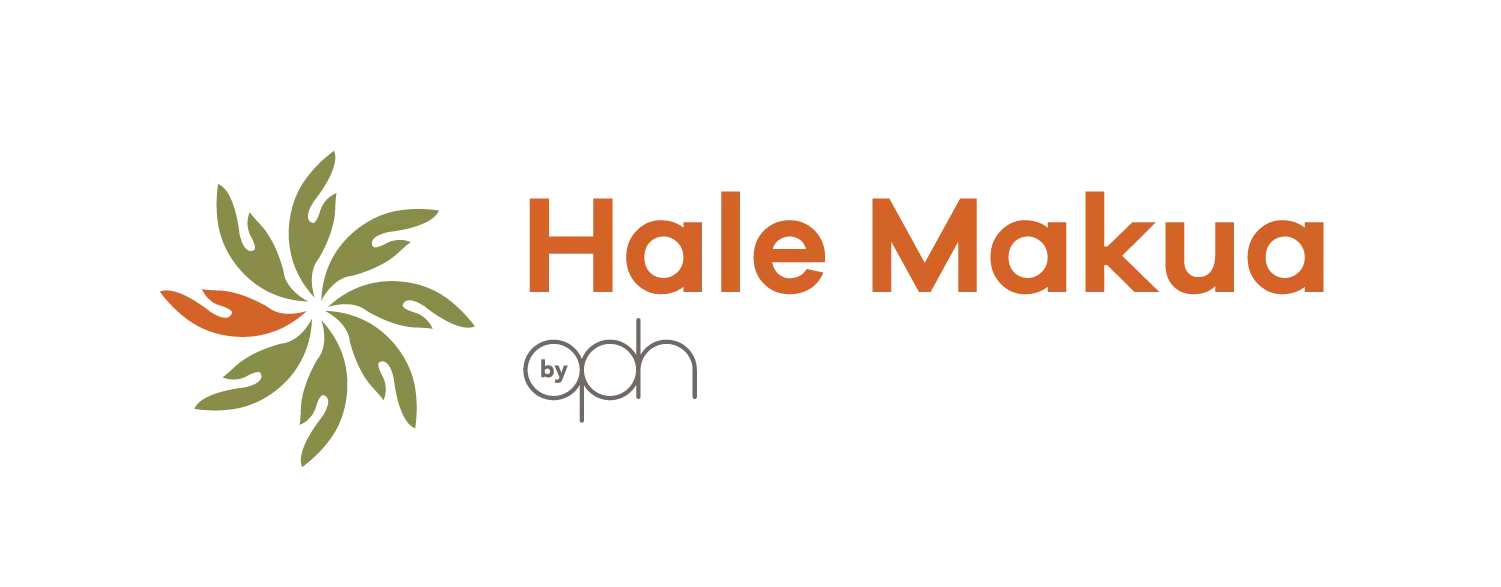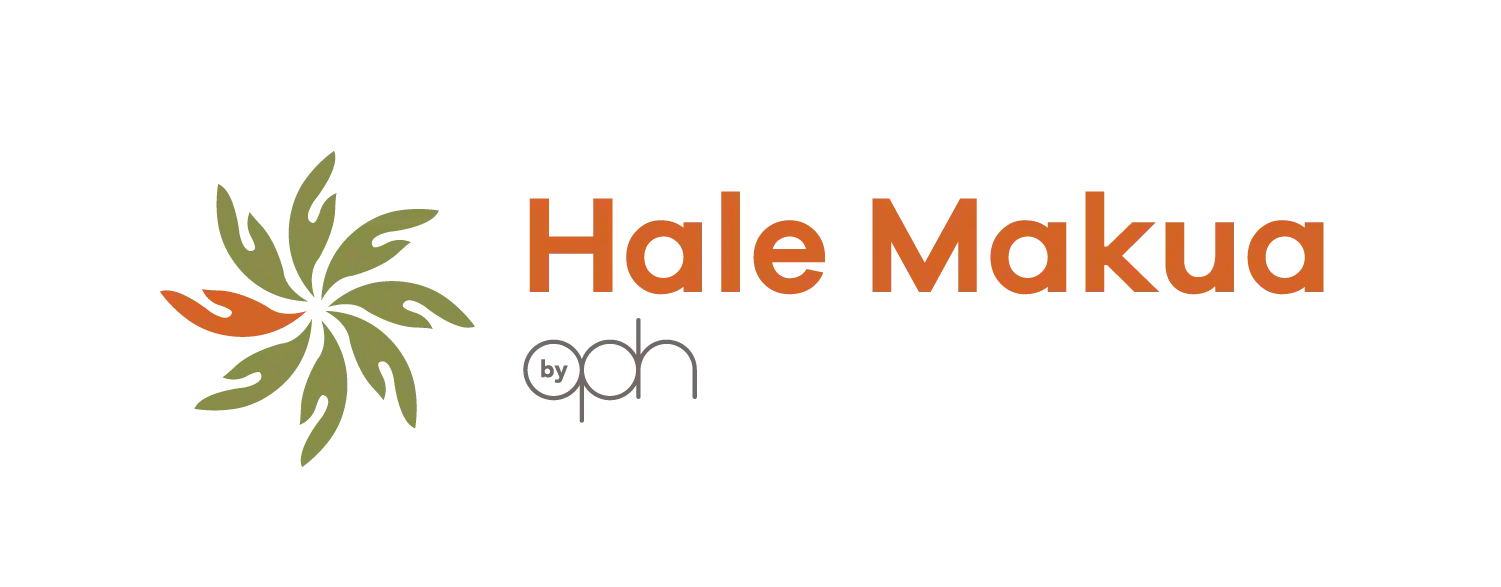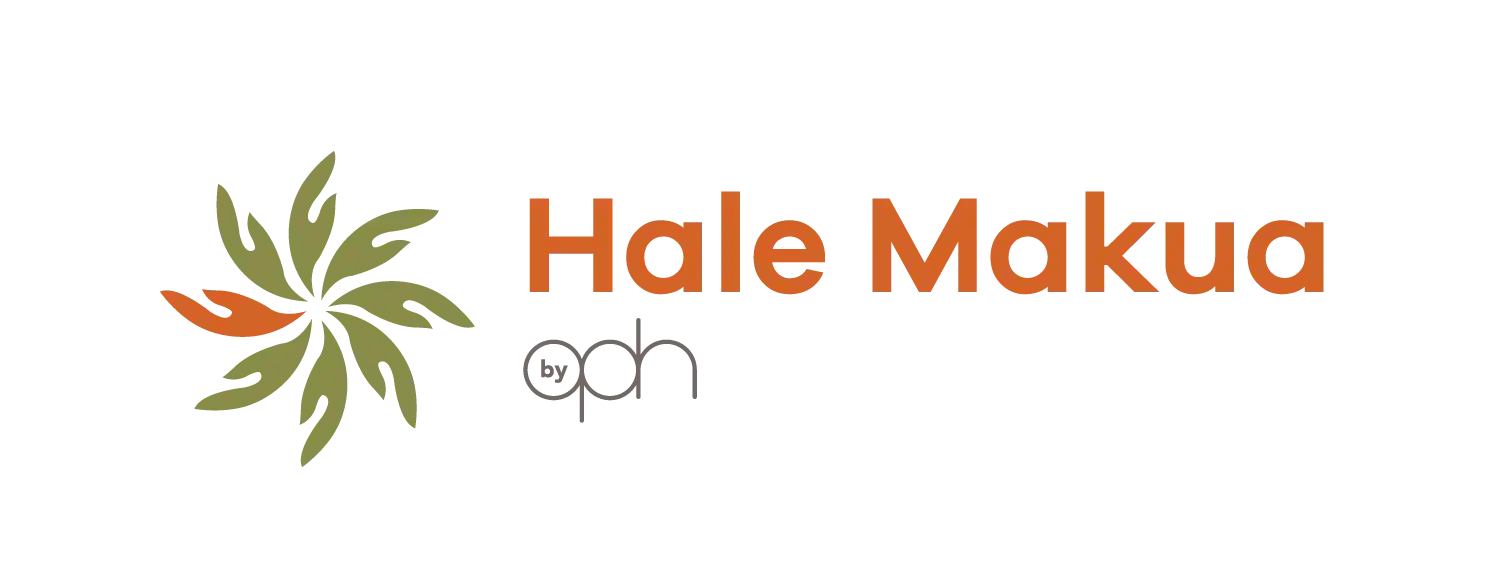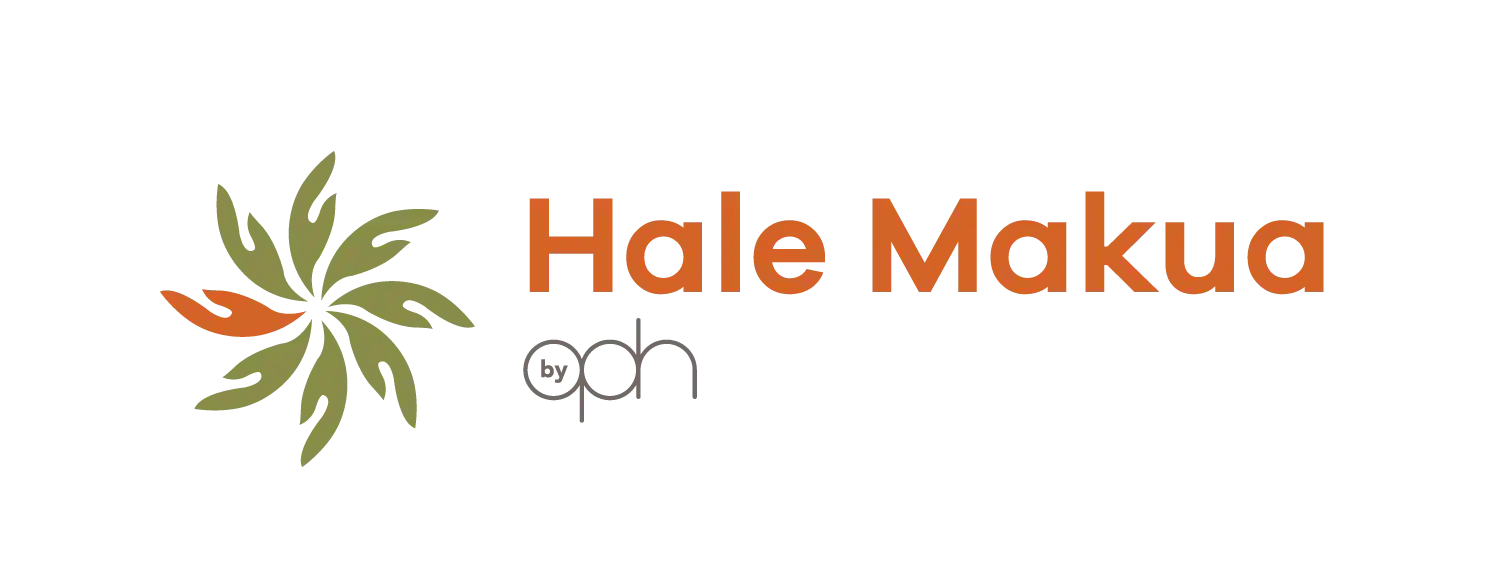COVID-19 Daily Update: Officials ‘Actively Preparing For Possible Cases’

This illustration, created at the Centers for Disease Control and Prevention (CDC), reveals ultrastructural morphology exhibited by coronaviruses. Note the spikes that adorn the outer surface of the virus, which impart the look of a corona surrounding the virion, when viewed electron microscopically. A novel coronavirus virus was identified as the cause of an outbreak of respiratory illness first detected in Wuhan, China in 2019. PC: Alissa Eckert, MS; Dan Higgins, MAM. Content provider: CDC/ Alissa Eckert, MS
No cases of COVID-19 identified in Hawai‘i at this time
Currently, there are no cases of COVID-19 identified in Hawai‘i. DOH is actively preparing for possible cases and working with state, county, and federal partners including the medical community in Hawai‘i. The following summary as of March 1 shows the number of individuals being monitored or under quarantine. Many of these individuals were identified through screening by federal officials at the Daniel K. Inouye International Airport. These numbers fluctuate often as travelers arrive, depart, or begin and end their self-monitoring with supervision by DOH.
COVID-19 Summary of Numbers as of March 1, 2020
(updated as new information becomes available)
| Number of Confirmed Case(s) | 0 |
| Number of Persons Under Investigation (current, testing pending) | 0 |
| Number of Persons Under Investigation (closed, testing negative) | 1 |
| Number of Persons Under Quarantine | 0 |
| Number of Persons Self-Monitoring with DOH supervision | 90 |
Of the 90 individuals who are self-monitoring with public health supervision, 82 are on O‘ahu, 5 are on Hawai‘i Island, 1 is on Maui, and 2 are on Kaua‘i.
Confirmed: Meets CDC criteria and positive test result received from a certified laboratory.
Person Under Investigation (PUI): Meets CDC criteria for investigation and testing pending.
Quarantine: Individuals are required to remain in a designated location and separated from others. They are actively monitored by Department of Health staff. Quarantine is enforceable by law.
Monitoring: Individuals voluntarily remain at home and refrain from work, school, gathering places, and public transit. They communicate daily with Department of Health staff.
Updated physician guidance and criteria for persons under investigation
On Feb. 27, the CDC updated the definition of a Person Under Investigation (PUI) to include travelers to other areas. CDC has posted updatedCriteria to Guide Evaluation of PUI for COVID-19. On Feb. 26, the DOH issued a medical advisory which encourages clinicians to reach out to the health department to discuss testing if they have a patient who meets the criteria for a PUI.
Guidance for schools and childcare programs
The CDC recently posted interim guidance for administrators of childcare programs and K-12 schools to plan, prepare, and respond to COVID-19. School closures have taken place in Japan and South Korea. CDC will update this guidance as needed and as additional information becomes available.
Business continuity planning
State and county agencies are actively preparing for continuity of business operations to deal with the potential impact of COVID-19. The goal is to enable ongoing operations during a public health emergency. To address concerns about workers who have travelled to China, DOH developed a list of frequently asked questions and answers to guide local businesses.
Preventing the spread of misinformation and disease
The Department of Health is committed to sharing information as it becomes available. People are urged not to spread misinformation or inaccurate statements that are not confirmed, and keep updated and informed on the situation. Everyone can help prevent the spread of respiratory illness with these everyday actions.
- Wash your hands often with soap and water for at least 20 seconds.
- Avoid touching your eyes, nose, and mouth with unwashed hands.
- Avoid close contact with people who are sick.
- Stay home when you are sick.
- Cover your cough or sneeze with a tissue, then throw the tissue in the trash.
- Clean and disinfect frequently touched objects and surfaces using a regular household cleaning spray or wipe.
- CDC does not recommend that people who are well wear a facemask to protect themselves from illnesses, including COVID-19. Keep in mind that supplies are limited and we need to make sure there are enough masks for our front-line health care workers. If you are sick then wear a mask to protect the people around you.
- Prepare for the possibility that people may want to stay home or may be asked to stay home to prevent the spread of illness.
- If you have daily medication needs, have more than a week’s supply on hand and have as much on hand as your insurance will allow you to have.
- Not everyone can afford to stock up on supplies or has the space to store them, but anything you can arrange in advance means one less inconvenience or one less trip to the store while you are sick.
- Make family plans for the possibility of school or day care closures. Do some contingency planning in advance at the family level.
Hawaii Department of Transportation (HDOT)
HDOT Airports Division is diligently working to clean and sanitize the facilities, especially common touchpoints like escalator handrails, doorknobs, and elevator buttons at airports statewide. HDOT is currently working to install additional hand sanitizer dispensers at HNL and neighbor island airports, especially in the lobbies and high passenger volume areas. Airlines are taking precautions by continually cleaning and sanitizing public areas, equipment and aircrafts.
National travel advisories
Before you travel, check out Travel Advisories and Alerts for your destination(s) at www.travel.state.gov/destination. The State Department and the Centers for Disease Control and Prevention provide specific advice to travelers on their websites.
Screening of arriving passengers at Daniel K. Inouye International Airport in Honolulu
Foreign nationals who have traveled to mainland China within the last 14 days are being denied entry into the U.S. This includes not only people with a China passport, but all foreign nationals per Department of Homeland Security guidance. The exception is U.S. citizens, legal permanent U.S. residents or their immediate family.
Enhanced screening procedures are in place at Daniel K. Inouye International Airport to help keep the public and traveling community safe. An additional feature is the non-contact thermal temperature scanners that are used for incoming passengers from China. Airport passenger screening continues to be conducted by federal authorities from the CDC and Customs and Border Protection (CBP).








